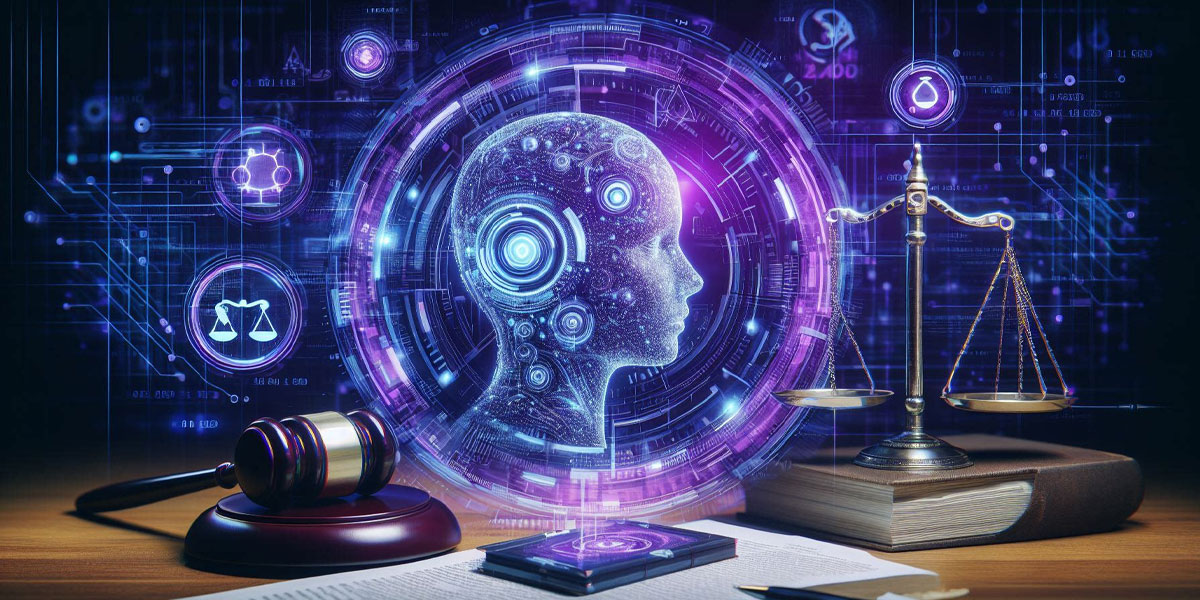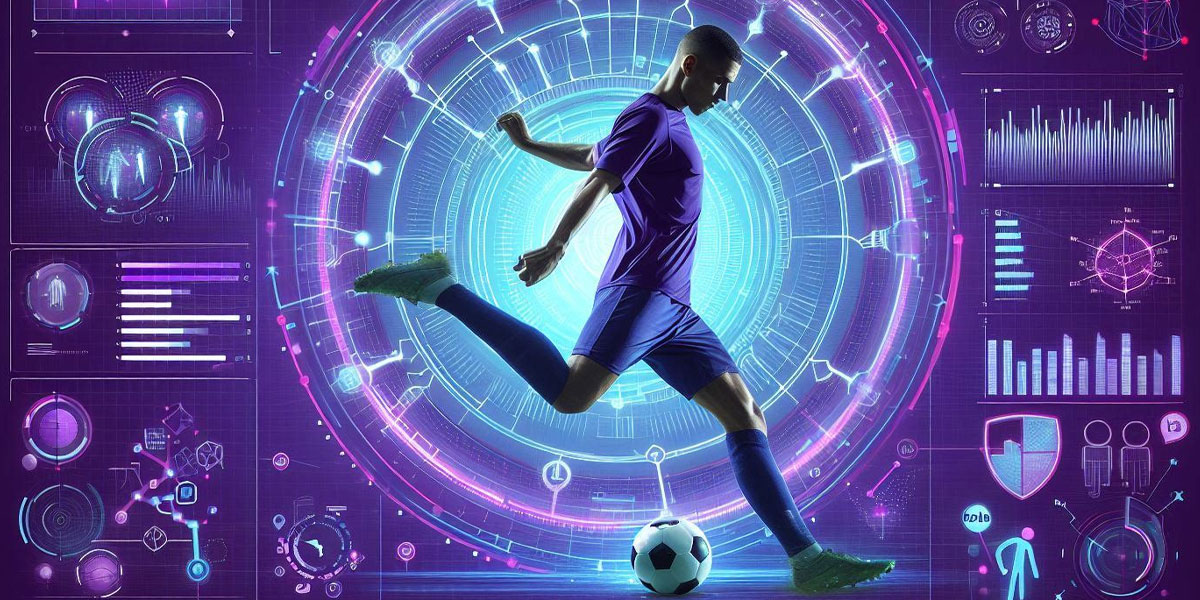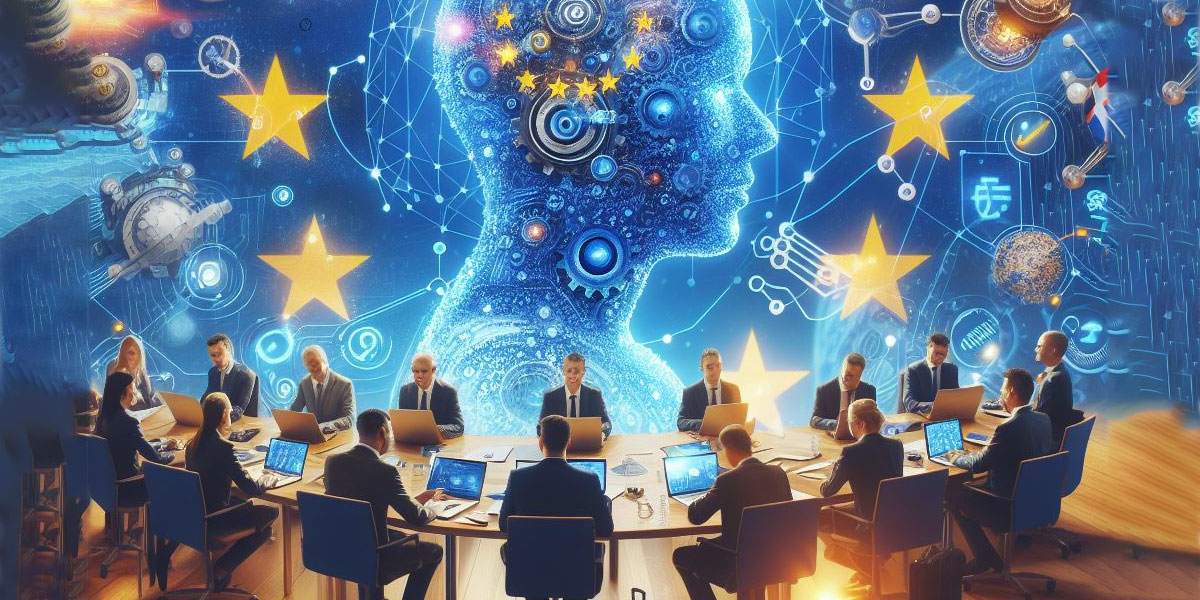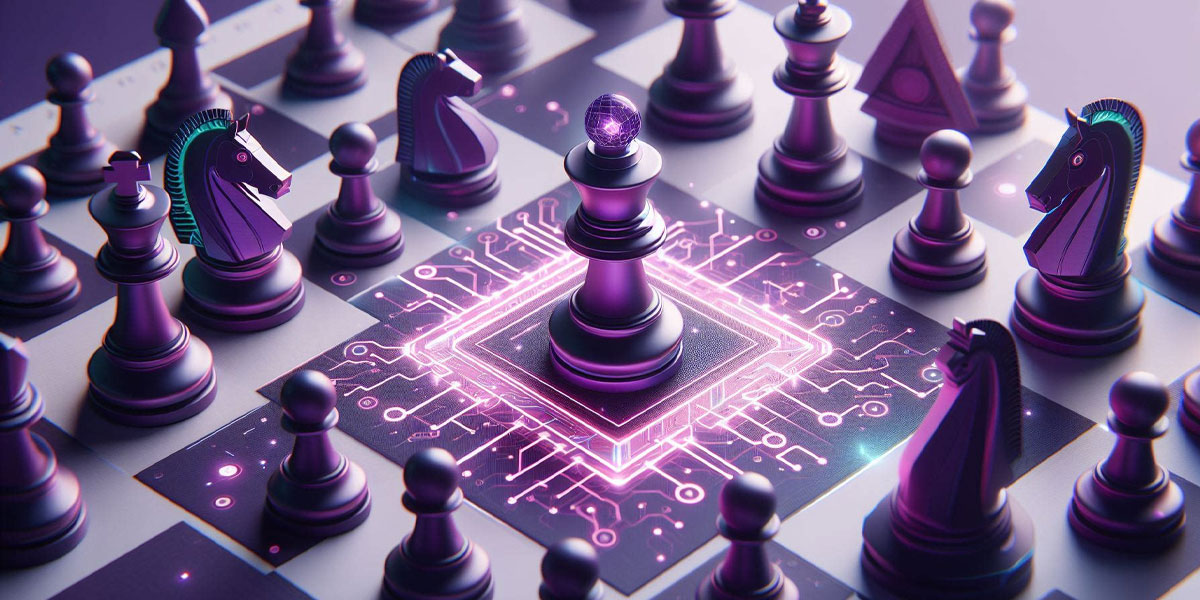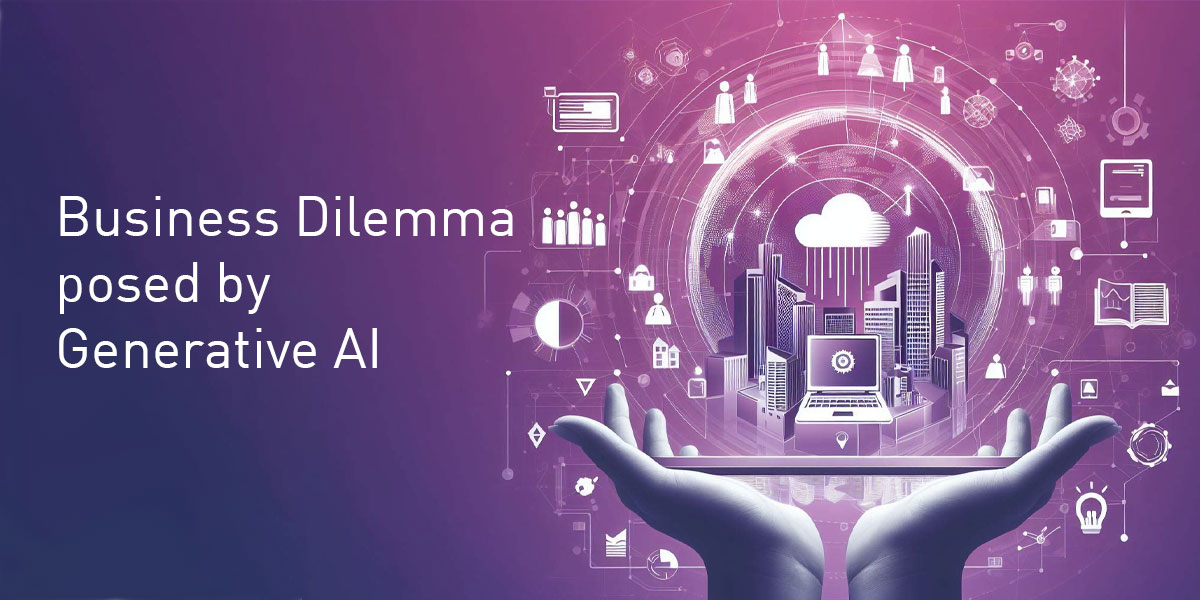Necessary cookies are absolutely essential for the website to function properly. These cookies ensure basic functionalities and security features of the website, anonymously.

AI in Hollywood: A complex challenge
In the age of deep fakes, Hollywood's relationship with artificial intelligence (AI) is a subject of intense debate. As AI’s role has evolved from algorithmic recommendations to content creation and human likeness replication, it raises profound ethical questions, concerns for creativity and worries about the livelihoods of those being replaced.
The reality of 2023
The summer of 2023 has witnessed an unprecedented turn of events with actors’ and writers’ unions, including SAG-AFTRA and the Writers’ Guild of America, joining forces to strike for the first time since 1960. The concern centres around the lavish investments in AI by entertainment firms, such as Netflix and Disney, and the threat that this technology poses to their control and earnings.
With investments in AI reaching staggering numbers, and Netflix offering up to $900,000 for a single AI product manager, the divide between technological advancements and human rights grows. This is especially stark when contrasted with the reality that 87% of actors earn less than $26,000 a year.
AI’s role in content creation
AI technology has not only become a tool for algorithmic recommendations, but also a means of creating content and replicating human likeness. Netflix’s use of deepfake technology in reality shows (see ‘Deep Fake Love’ on Netflix to learn more) and Disney’s application of AI across its studios, including the use of AI background actors, exemplifies this.
The potential for AI such as ChatGPT to write screenplays and manipulate an actor’s image to create characters without human intervention has given rise to major concerns. Actor Rob Delaney labelled the investments in AI as “ghoulish” compared to the potential support for actors’ health insurance, emphasising the discontent within the industry.
Fairness and control
The current battle is not a fight against AI as a technology, but a battle for fair working conditions, control over likenesses and adequate compensation. Negotiations between unions and the Alliance of Motion Pictures and Television Producers (AMPTP) have stalled, and accusations are flying on both sides.
The stakes are high for both artists and audiences, leading to complex debates around AI-driven art’s ability to have a soul, make people laugh or cry and its impact on human jobs.
Ethical and legal considerations
The exponential advancements of technology brings legal and ethical concerns. Questions arise regarding intellectual property rights, and actors including Joseph Gordon-Levitt argue that those who produce training data should receive residuals.
The posting by the company Realeyes, offering payment for work to train an AI database, emphasises that it’s for research and not meant to replace actors. However, experts question the clarity between research and commercial products, and whether the industry research inevitably leads to commercial applications.
The future of AI and human creativity
The future of AI in entertainment is a subject of uncertainty and excitement. Technology is opening new avenues for innovation and efficiency, yet it also threatens livelihoods and human creativity.
As the 2023 Hollywood strikes reveal, a thoughtful and balanced approach is needed. Joe Russo’s scenario, where personalised movies starring photoreal avatars could become a reality, paints an exciting though slightly daunting future. However the concerns raised by actors, writers and academics are real and complex.
An existential question
The unfolding situation in Hollywood is a very real concern for the future of the entertainment industry, as well as other storytelling sectors. The questions raised span ethics, human value, technology and the very essence of creativity. The outcome could have global repercussions, affecting various industries including music, book publishing and journalism.
The question remains: should technology replace human roles to such an extent that it threatens livelihoods? Some may argue that the current job market is not dissimilar, with the more qualified human constantly replacing the lesser option. Or can we forge a future where AI and humans coexist, each leveraging the other’s strengths? Of course, the hope is that we can. However early regulation and a framework for ethical thought is needed to build on the strengths of AI in a way that is safe for human livelihood.
What’s certain is that the conversation around AI in Hollywood, and in our lives, is only just beginning, and the need for a thoughtful and balanced approach recognising both the potential of AI and the irreplaceable value of human creativity is clear. The answers may currently be uncertain, but the need for the dialogue to continue, transparently, is vital.


